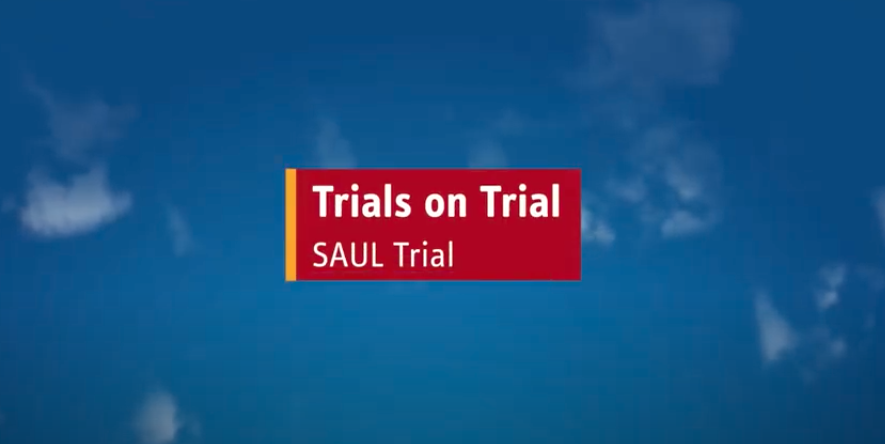The tool is freely available at https://bit.ly/3AmNPT3, Dr. David Thurtle of the University of Cambridge School of Medicine told Reuters Health by email. He noted that a partner tool, Predict Breast Cancer, has been accessed more than a million times (https://bit.ly/3iYXKby).
"We show that patients greatly overestimate the lethality of prostate cancer - this itself may impact their decision-making around treatment," he said. Predict Prostate "may have implications for better patient engagement and more informed consent. In addition, we demonstrate that using the tool is feasible within the clinical pathway, reduces decisional conflict, does not increase anxiety and is almost universally popular with patients."
"This study was not powered to assess the tool's impact upon final treatment decisions, although it was assessed as a secondary outcome," he added. "A far larger trial would be needed to assess this outcome."
As reported in European Urology, Dr. Thurtle and colleagues randomized 145 newly diagnosed men (median age, 67) considering active surveillance or radical treatment to either standard of care (SOC) information or SOC and the Predict Prostate tool.
The goal was to assess the impact of the tool on decisional conflict, uncertainty, anxiety, and perception of survival.
Mean Decisional Conflict Scale scores were 26% lower in the Predict Prostate group (16.1) than in the SOC group (21.7). Scores on the "support," "uncertainty," and "value clarity" subscales all favored the tool.
No significant differences were seen in anxiety scores or final treatment selection between the two groups.
However, patient perception of 15-year prostate cancer-specific mortality (PCSM) and overall survival benefit from radical treatment were more accurate among men in the Predict Prostate group.
Overall, 57% of participants reported that Predict Prostate estimates for PCSM were lower than they expected, and 36% said they were less likely to select radical treatment.
More than 90% of patients in the intervention group found the tool useful and 94% said they would recommend it to others.
The authors note, "Predict Prostate is not a standalone tool, and it specifically focuses upon long-term survival, although some adverse effect information is also presented. Other tools may provide more detailed information about the benefits and harms of treatment."
Dr. Thurtle added, "I would encourage clinicians to try out the tool in their clinical areas and assess for themselves its utility and impact upon practice. We are exploring whether a tool could be developed for men presenting with metastatic prostate cancer,... given the number of new agents available."
Dr. Murugesan Manoharan, chief of urologic oncology surgery at Miami Cancer Institute, part of Baptist Health South Florida, commented in an email to Reuters Health, "This tool is based on a limited population from a region in the United Kingdom and hence cannot be applied to patients universally. The tool is based on treatment offered in a particular country and particular health system - in this instance, a public health care system. The patient outcome might be different based on the services provided, race, health access, etc."
"Certainly, decision-making is made easier with a predictive tool," he said. "The issues will be which predictive tool to use; reliability of the tool; and which population is it applicable to? A broad multicenter/international study comparing different tools and decision-making is essential."
SOURCE: https://bit.ly/3myQ1SM European Urology, online September 4, 2021.
By Marilynn Larkin
Posted on
Previous Article
« NAFLD may be independent risk factor for cardiovascular morbidity and mortality Next Article
Antiseizure drugs tied to increased risk of cardiovascular disease »
« NAFLD may be independent risk factor for cardiovascular morbidity and mortality Next Article
Antiseizure drugs tied to increased risk of cardiovascular disease »
Related Articles
August 20, 2020
Robotic-assisted partial nephrectomy: lower morbidity

© 2024 Medicom Medical Publishers. All rights reserved. Terms and Conditions | Privacy Policy

